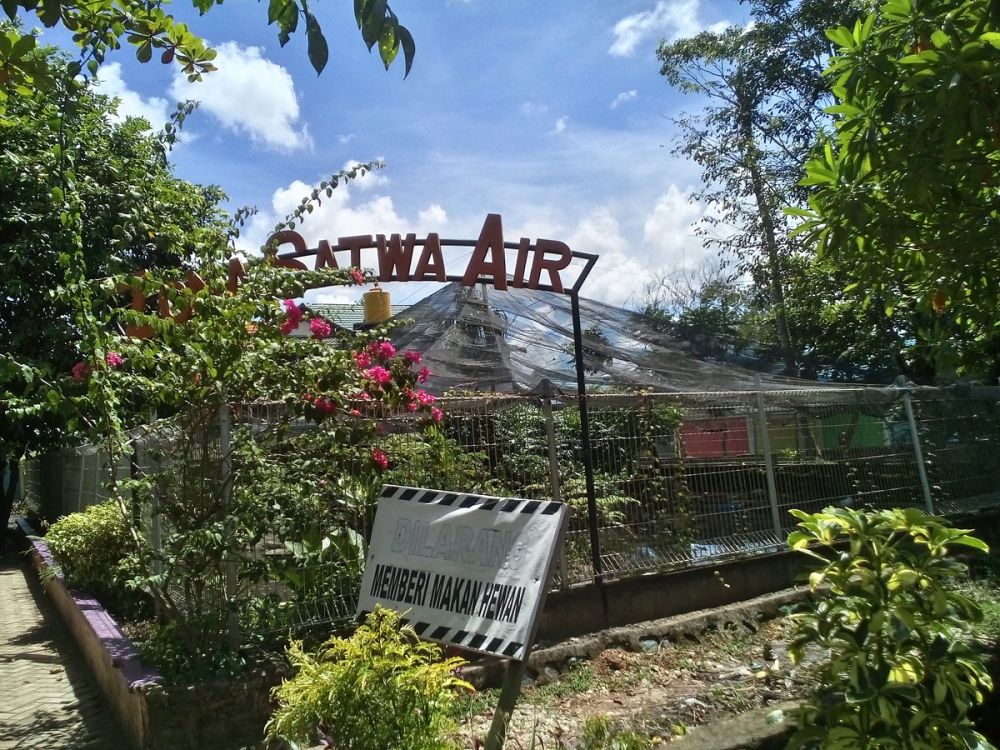

The city of Banjarmasin, located in the South Kalimantan province of Indonesia, is not only known for its vibrant floating markets and unique waterborne lifestyle but also for its rich history in wildlife conservation and tourism. The Banjarmasin Zoo, locally known as Kebun Binatang Banjarmasin, stands as a testament to the city's commitment to preserving its natural heritage and providing educational and recreational opportunities for both locals and tourists.
The history of the Banjarmasin Zoo dates back to the early 20th century when it started as a modest animal park. Over the years, the zoo has evolved from a small collection of local wildlife to a more comprehensive zoological garden, hosting an array of species from Indonesia and beyond. The growth of the zoo reflected the increasing interest in wildlife and nature among the residents of Banjarmasin and its visitors.
Throughout its history, Banjarmasin Zoo has expanded its role from being a mere place of entertainment to a center for wildlife conservation and environmental education. Efforts have been made to improve the living conditions for the animals and to educate the public about the importance of preserving natural habitats and ecosystems. These initiatives not only help in maintaining biodiversity but also improve the attractiveness of the zoo as a responsible tourist destination.
In its journey, the Banjarmasin Zoo has faced challenges such as funding, modernization, and adhering to international animal welfare standards. The zoo management has been working to overcome these obstacles by investing in better facilities, engaging in partnership with conservation organizations, and developing innovative programs that promote sustainable tourism.
The latest tourism trends at Banjarmasin Zoo point towards more immersive and interactive visitor experiences. These include educational tours, animal encounter sessions, and volunteer programs that allow guests to contribute directly to conservation efforts. The zoo has seen a growing interest in eco-tourism, with visitors showing a keenness to learn about wildlife and participate in activities that have a positive environmental impact.
With the advent of technology, Banjarmasin Zoo has also started embracing digital platforms to showcase its attractions and initiatives. From virtual tours to online awareness campaigns, the zoo leverages social media and other digital tools to reach a broader audience and promote responsible tourism practices.
In summary, the Banjarmasin Zoo continues to play a significant role in the tourism history of Banjarmasin, Indonesia. Through a focus on conservation, education, and sustainable tourism, the zoo offers a gateway to understanding the rich biodiversity of the region while ensuring that visitors have a meaningful and enjoyable experience.